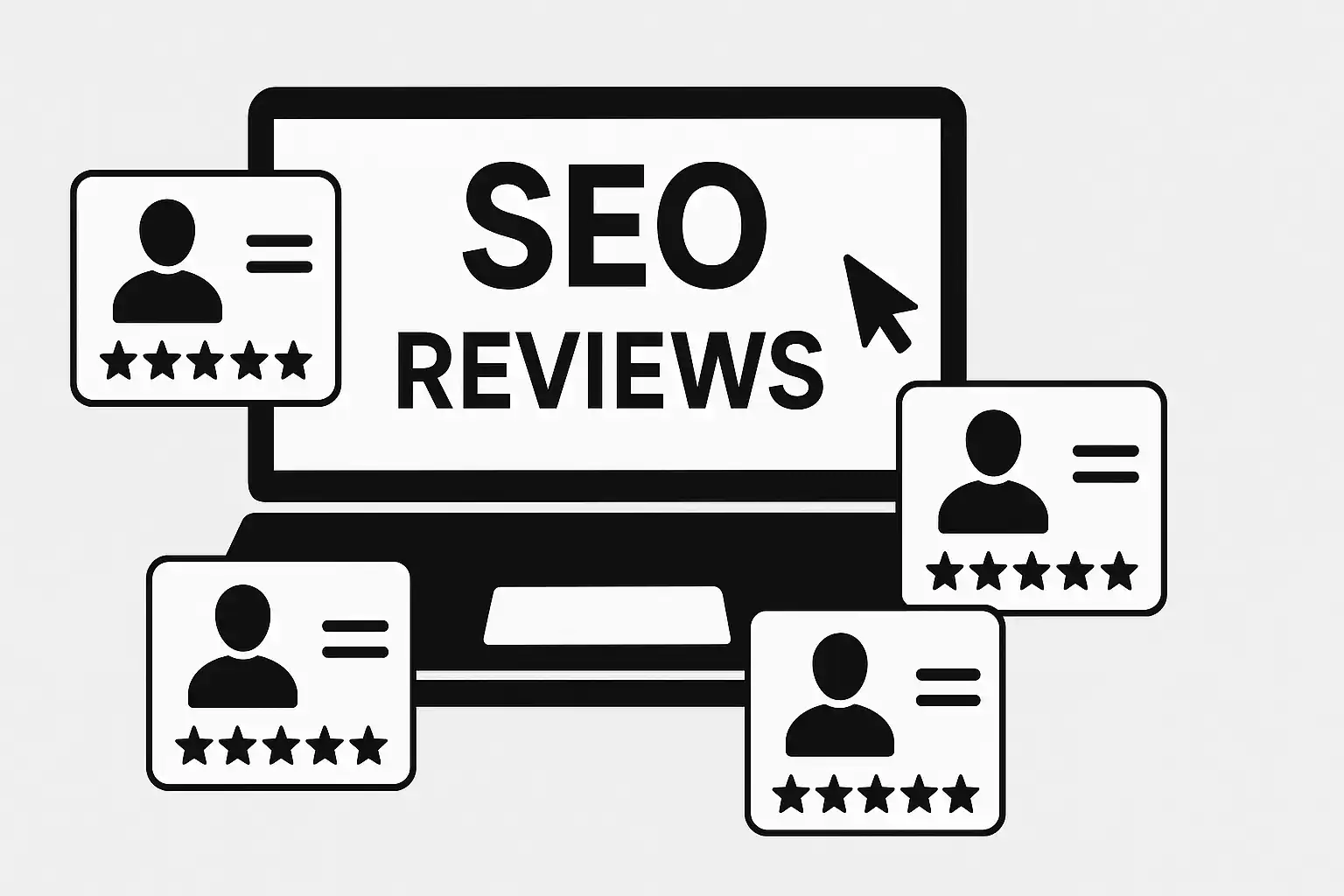Are you ready to embark on the journey of starting your online store but feel as lost as a sailor without a compass? Look no further! In this article, we will compare two popular eCommerce platforms, WooCommerce and Shopify, to help you navigate through the sea of choices and make an informed decision.
What is the best e-commerce CMS?
The best e-commerce CMS varies based on specific needs, but Shopify and WooCommerce are popular for their user-friendliness and flexibility.
To take that further, the best e-commerce CMS is Shopify if you want an all-in-one solution that is quick and easy to set up without much technical knowledge. Choose Woocommerce if you want more granular control, better SEO, and more design freedom, offset by the need to supply your own hosting.
You can think of WooCommerce as a versatile artist’s palette, offering endless customisation options and flexibility. On the other hand, Shopify is like a well-organised toolbox, providing a user-friendly interface and simplicity.
Whether you prefer the freedom to design your store to perfection or crave a seamless and convenient experience, we’ll delve into the features, pricing, and benefits of both platforms to help you find the perfect fit for your online business.
| Feature | WooCommerce | Shopify |
|---|---|---|
| Cost | – Open-source (free) – Additional costs for hosting, plugins, and themes |
– Monthly subscription fees – Additional fees for certain payment gateways |
| Ease of Use | – Requires some technical knowledge for setup and customization | – User-friendly, great for beginners – Easy to set up and manage |
| Customizability | – Highly customizable due to open-source nature – Access to a wide range of plugins and themes |
– Limited customization compared to WooCommerce – Access to a variety of themes and apps |
| Scalability | – Highly scalable with the right hosting and infrastructure | – Scalable, but can become expensive with higher plans |
| Support | – Community support – Paid support via third parties |
– 24/7 customer support – Comprehensive help center and community forums |
| Payment Options | – Wide range of payment gateways with plugins | – Integrated payment solution (Shopify Payments) – Supports other major payment gateways |
| SEO Capabilities | – Strong SEO capabilities with plugins like Yoast SEO | – Built-in SEO features, but less customizable than WooCommerce |
| Security | – User responsible for security and compliance – Requires regular maintenance |
– Hosted solution; Shopify takes care of security and compliance |
| Integration | – Integrates with WordPress, offering more content management options | – Integrates with numerous apps and services, but primarily focused on e-commerce |
| Mobile Readiness | – Depends on theme and plugins | – Generally mobile-friendly and responsive themes |
When comparing the pricing and plans of Woocommerce and Shopify, you need to consider the options available to meet your specific needs and budget.
Shopify offers pricing plans starting at $29 per month, which includes SSL and web hosting. The platform also charges transaction fees based on the plan you choose.
On the other hand, WooCommerce is free to use initially, but there are additional costs for hosting, themes, and plugins. This means that while WooCommerce may seem like a more affordable option at first, the additional costs can add up and reduce the amount you save.
It’s important to carefully evaluate your requirements and consider the long-term costs when deciding between the two platforms for your e-commerce business.

To efficiently set up and customise your online store, you should regularly explore the options available on both WooCommerce and Shopify. These platforms offer different approaches to store setup and customisation.
Here are some key points to consider:
By exploring the features and options offered by both WooCommerce and Shopify, you can choose the platform that best suits your needs for store setup and customisation.
Now, let’s move on to discussing the e-commerce features and functionality of these platforms.
To compare the e-commerce features and functionality of Woocommerce and Shopify, focus on their core capabilities.
Both platforms offer robust content management systems (CMS) that allow you to easily create and manage your online store.
However, when it comes to SEO, WooCommerce tends to have the upper hand. It offers better SEO performance and allows for more customisation options to optimise your website for search engines.
On the other hand, Shopify provides a user-friendly interface and comprehensive reports on various aspects of your business.
In terms of hosting, WooCommerce requires additional costs for domain, SSL certificate, and hosting, while Shopify includes hosting as part of its package.
Now, let’s dive into the payment gateway options available on both platforms.
Let’s explore the available payment gateway options for both Woocommerce and Shopify.
Here are the payment gateway options offered by each e-commerce platform:
Both platforms provide secure and reliable payment options, ensuring a smooth and trustworthy shopping experience for your customers.
Now, let’s move on to discussing the SEO and marketing capabilities of Woocommerce and Shopify.

When it comes to SEO and marketing capabilities, both Woocommerce and Shopify offer a range of features to help optimise your online store’s visibility and attract customers.
WooCommerce has better SEO performance and allows for more customisation options, making it ideal for those who want to have more control over their SEO strategy. It’s integrated into WordPress, which provides better SEO tools and the ability to alter on-page elements for better SEO.
On the other hand, Shopify may have lower SEO rankings compared to WooCommerce, but it offers a built-in SEO plugin and helps with basic SEO practices. It also provides comprehensive reports on various aspects of your business, allowing you to track your marketing efforts effectively.
Ultimately, the choice between WooCommerce and Shopify for SEO and marketing capabilities depends on your individual needs and preferences in the eCommerce space.
How does mobile responsiveness and user experience differ between Woocommerce and Shopify?
Regarding mobile responsiveness, both Woocommerce and Shopify offer responsive themes that adapt to different screen sizes and devices. However, there are some differences in user experience between the two e-commerce platforms:
To ensure you have the necessary assistance and resources, it’s important to consider the support and community resources available with Woocommerce and Shopify.
When it comes to support, Shopify offers 24/7 customer and sales assistance, ensuring continuous support for its users. They have a dedicated help centre, video tutorials, webinars, and a community forum, providing a comprehensive support system.
On the other hand, WooCommerce’s support may be limited, depending on the hosting provider and the user’s technical knowledge. However, WooCommerce makes up for this with its extensive community resources. With thousands of plugins for extending the store’s functionality, WooCommerce offers more flexibility and customisation options.
As a developer at heart and having tried them both, I still prefer woocommerce, but only from the point of view that I have been working with that platform for so long and know it inside out, and the stores that I have as personal projects are relatively small.
From that perspective, I am a little biased, I know, but from an SEO point of view, I think that woocommerce shines through as a clear winner as well.
With that being said, I don’t think Shopify is bad. Shopify wins out in terms of ease of use and the fact that it’s an all-in-one package; you don’t have to worry about servers, hosting, security, or any of that scary stuff, which makes it an awful lot easier than self-hosted WP.
Ultimately, Shopify was designed first and foremost as an e-commerce CMS, so my thoughts are that as you become more serious about your e-commerce business, I think it would be prudent in most instances to use a dedicated platform such as Shopify.
In conclusion, choosing between WooCommerce and Shopify for your online store is like deciding between a Lamborghini and a Ferrari. Both platforms offer incredible features and functionality, but it ultimately comes down to your specific needs and preferences.
Whether you prioritise simplicity and user-friendliness or customisation and control, both WooCommerce and Shopify have you covered.
So buckle up and get ready to drive your online business to new heights with the perfect eCommerce platform for you.



© 2007 - 2026 Black And White Boy SEO with From Blackandwhiteboy.com